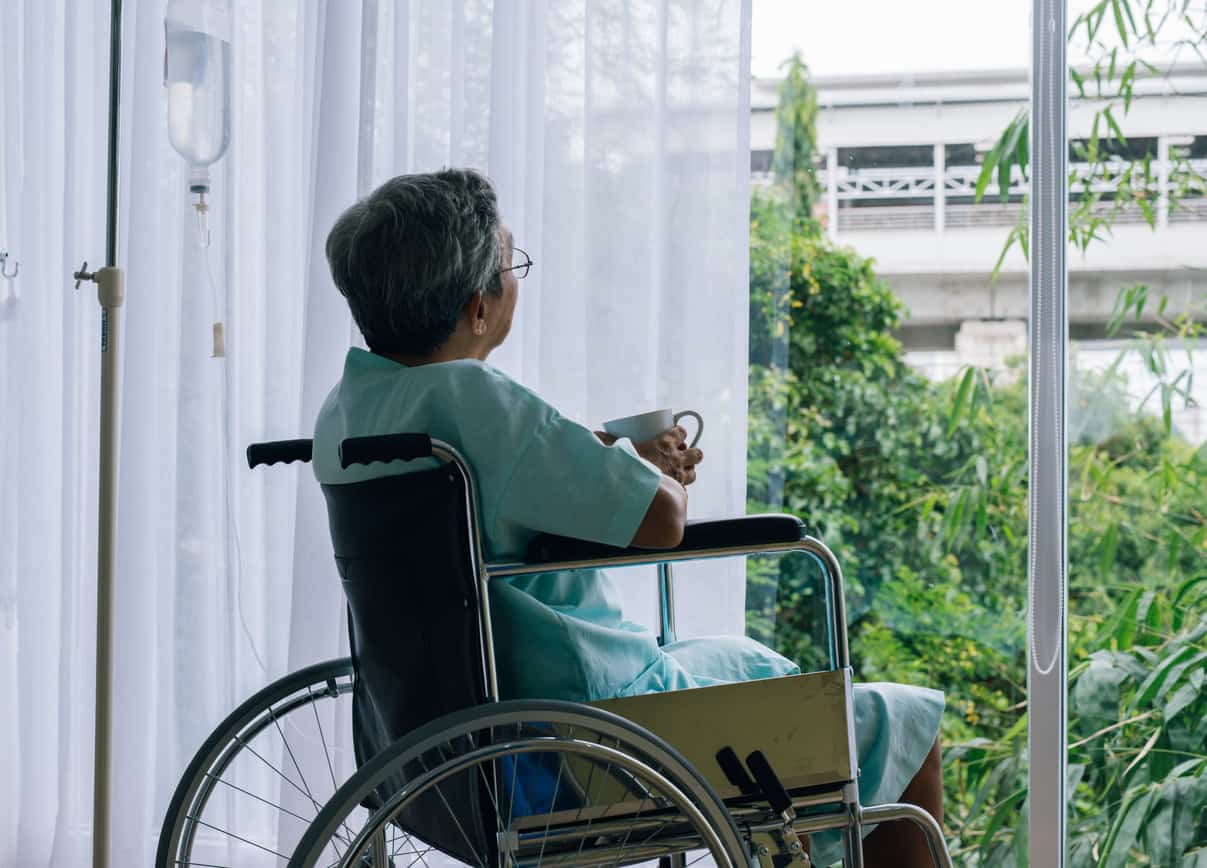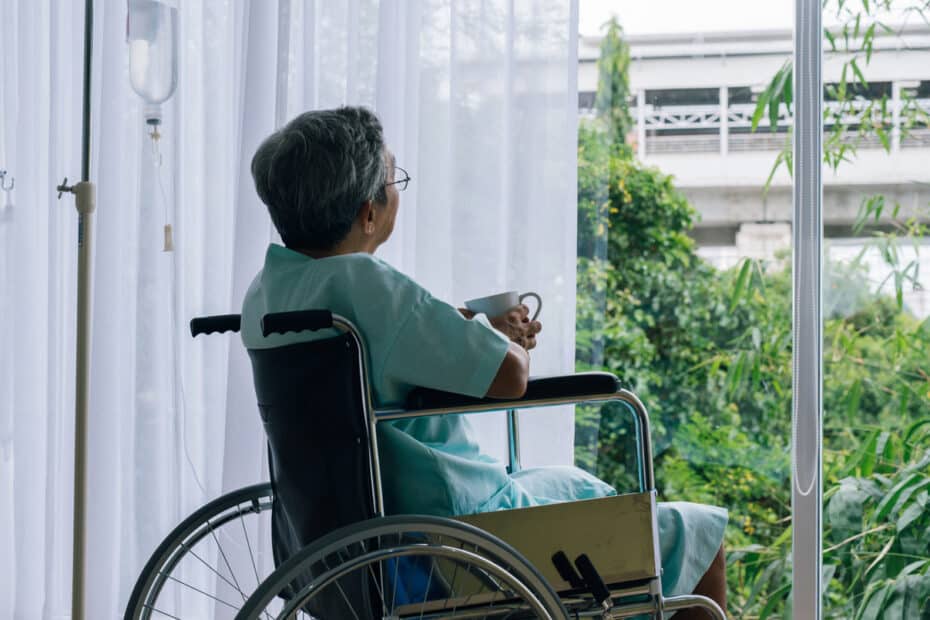Study Shows That Medicare Advantage Patients Receive Fewer Home Health Visits
Research Highlights Fewer Home Health Visits and Diminished Outcomes for Medicare Advantage Beneficiaries

March 5, 2024 – A revealing study conducted by the University of Washington’s Department of Rehabilitation Medicine has identified concerning gaps in home health care for patients enrolled in Medicare Advantage (MA) plans. Compared to those covered by traditional Medicare, research shows that MA beneficiaries receive fewer home health visits and poorer functional outcomes than traditional Medicare patients.
Rachel Prusynski, a professor at the University of Washington School of Medicine, expressed concerns over the study’s findings, noting that Medicare Advantage patients not only receive fewer home health visits but also exhibit less functional improvement. “The primary message of this study is that Medicare Advantage patients receive fewer home health visits and have worse functional outcomes than their traditional Medicare counterparts. They’re also more likely to discharge to the community after home health, but combined with less functional improvement, we’re worried that this may have negative implications for independence in the community or potentially higher caregiver burden,” she stated.
The study examined the home health care experiences of nearly 300,000 patients from January 2019 to December 2022 across 102 home health facilities in 19 states. The researchers found that MA patients experienced a notably shorter average length of stay in home health care by 1.62 days. These patients were also 3% to 4% less likely to show improvement in mobility and self-care, indicating a trend towards less intensive care provision for MA beneficiaries with comparable needs to their traditional Medicare counterparts.
This research underscores the potential impact of Medicare Advantage plans’ administrative practices and cost-containment strategies on the quality of home health care services provided. MA plans now cover over half of all Medicare beneficiaries and employ cost-cutting measures such as copays and prior authorization. The research shows that this is possibly leading to restricted access to care.
Specifically, the study highlighted that MA patients received statistically fewer visits across various disciplines, with reductions ranging from 2.7% to 5% less than what is typically observed under traditional Medicare. This discrepancy points to a fundamental challenge within the Medicare Advantage framework, which, despite offering additional benefits, appears to compromise on the extent and quality of home health care available to its enrollees.
As the Medicare landscape continues to evolve, with a growing number of beneficiaries opting for Medicare Advantage plans, the findings from the University of Washington present a critical reflection on the need to balance cost-saving measures with the imperative to provide comprehensive and effective home health care services. The study calls into question the long-term implications of these disparities on the well-being and autonomy of Medicare Advantage patients, signaling a pressing need for policy adjustments to ensure equitable care across the Medicare spectrum.
The VBP Blog is a comprehensive resource for all things related to value-based payments. Up-to-date news, informative webinars, and relevant blogs in the VBP sphere to help your organization find success.






